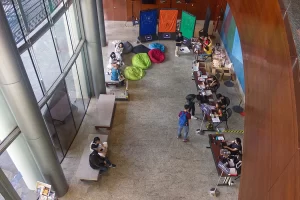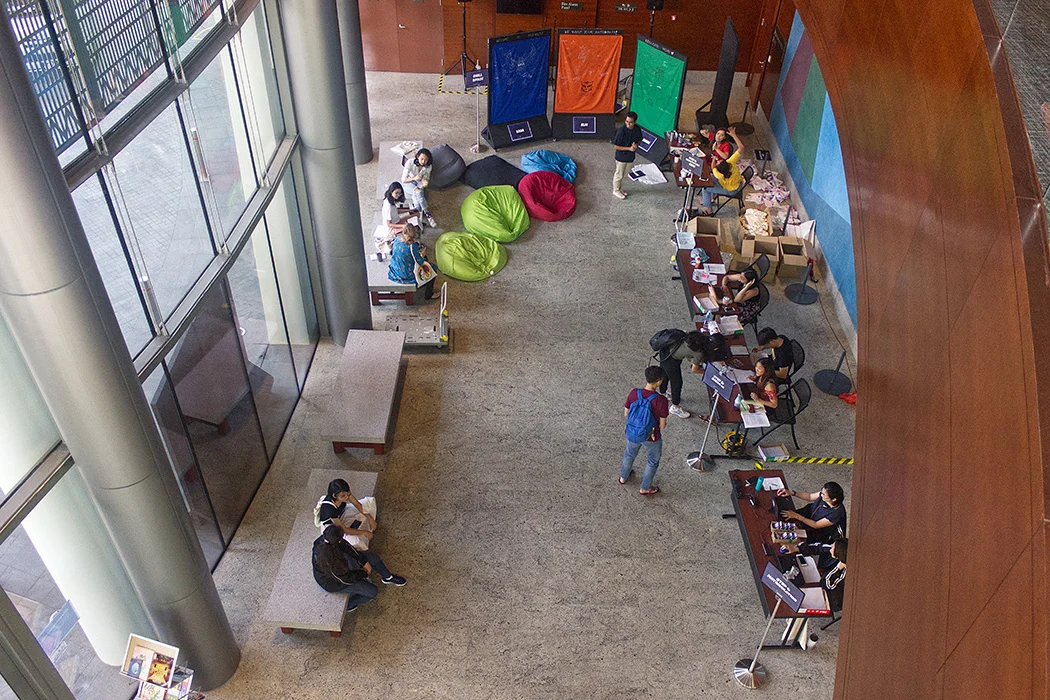Why Are Asian Universities Embracing US Liberal Arts 2023?
American higher education has long been distinguished by its unwavering commitment to a robust liberal arts curriculum. This curriculum, which encompasses the arts and emphasizes holistic education, creativity, collaboration, innovative problem-solving, cultural appreciation, and critical thinking skills, has set the United States apart on the global academic stage. UNESCO’s designation of the fourth week of May as International Arts Education Week further underscores the significance of arts education in nurturing well-rounded individuals.
Shifting Priorities in American Education
However, as the 21st century dawned, there emerged signs that the United States was undergoing a shift in its commitment to promoting liberal arts education. Pericles Lewis, President of Yale-NUS College in Singapore, expressed concerns in a 2013 essay published in the Harvard International Review. Lewis noted a decline in language and literature departments as students increasingly favored technical or pre-professional majors. Concurrently, Asian tertiary institutions were gaining momentum in the field of liberal arts education, with universities like The Chinese University of Hong Kong, Waseda University in Japan, Seoul National University in South Korea, and the National University of Singapore leading the way.
The Asian Renaissance of Liberal Arts Education
The shift in focus within Asian higher education was propelled by a growing recognition among Asian governments. They acknowledged that in an era driven by innovation, an education encompassing the liberal arts and sciences conferred a distinct advantage upon future workers. This newfound appreciation for the liberal arts led Asian educators to seek inspiration from the United States.
In response to this growing interest, American educators also sought strategic partnerships with Asian universities. A noteworthy example of this collaboration is the establishment of Yale-NUS College in 2012. This institution aimed to redefine liberal arts and science education to address the needs of an interconnected world.

Challenges and Questions
Despite the promise of these collaborations, they have not been without their unique set of challenges. Professor Philip Holden of the National University of Singapore, in a 2018 paper published in Sojourn: Journal of Social Issues in Southeast Asia, observed the progress of Yale-NUS College. While it eventually thrived after overcoming initial difficulties, it grappled with fundamental questions concerning the nature of locally situated knowledge and the politics of the liberal arts within the broader social context.
One of the most significant challenges arose from Yale-NUS’s endeavor to introduce a Western perspective of “Asia” into the curriculum. This raised complex questions about how Asia was envisioned and the underlying purposes of such interpretations. Holden drew parallels between this modern university and Singapore’s first higher education institution, Raffles College, which opened in 1928, highlighting tensions that arose nearly a century ago and continue to resonate today.
The Paradox of Elite Liberal Arts Education
Tracing the history of liberal arts education in Singapore from British colonial influence to its present American influence, Holden made pertinent observations. Notably, he observed that the model of residential liberal arts colleges, both in Singapore and across Asia, seemed to perpetuate societal divisions. Students in these institutions often hailed from elite backgrounds. Paradoxically, these very elites, despite their separation from their “surrounding social worlds,” often became champions of political and social progress.
Conclusion
The long-term consequences of American collaboration with Asian institutions for liberal arts education remain uncertain. Nevertheless, as Pericles Lewis aptly concluded, the United States should draw inspiration from Asia’s renewed focus on liberal arts education and reinvigorate its commitment to preserving its own educational traditions. The evolving landscape of global education necessitates a thoughtful reevaluation of priorities to ensure that the principles of liberal arts continue to thrive and enrich the minds of future generations.
More on:


